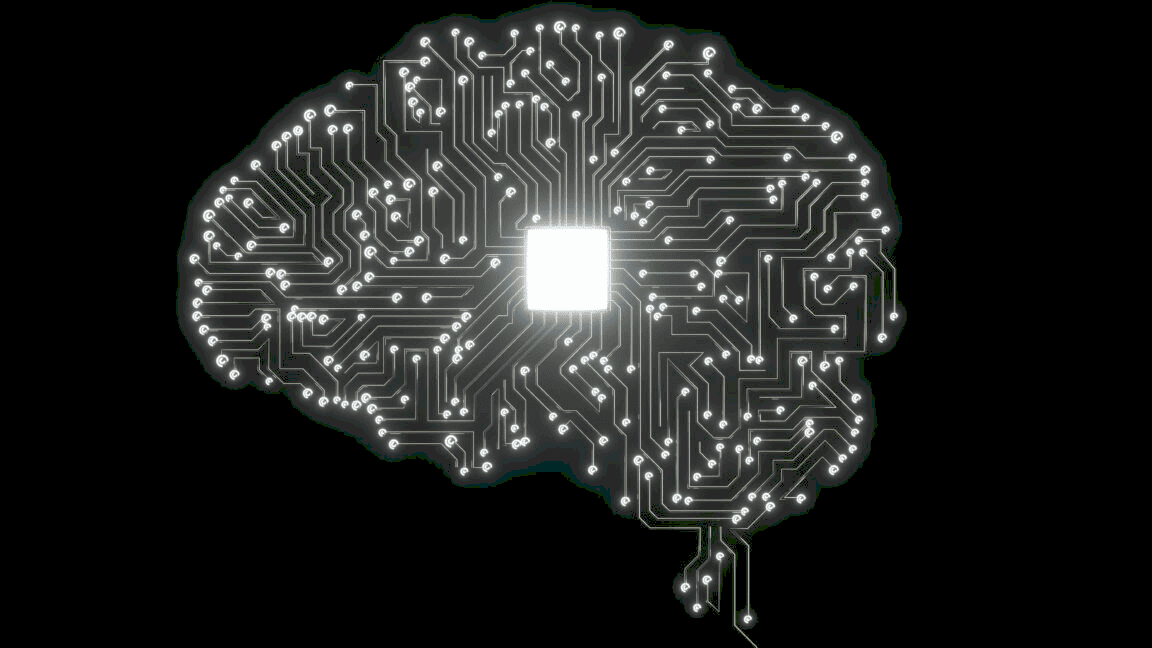Artificial intelligence (AI) systems have made remarkable strides in recent years, excelling in tasks such as gaming, text generation, and image and video creation. This has sparked discussions about the potential emergence of artificial general intelligence (AGI). While some experts are enthusiastic about its imminent arrival, others remain skeptical, leading to a wide range of predictions regarding its timeline.
The central issue lies in the lack of a clear definition for AGI. Experts in the field disagree on what constitutes AGI, with some suggesting it should surpass human capabilities in specific tasks, while others envision a broader, more generalized form of intelligence. This ambiguity complicates efforts to estimate how close we are to achieving AGI.
Interestingly, we already have a living example of general intelligence—the human brain. Current AI systems operate fundamentally differently from how the brain functions. While this divergence may not be inherently flawed, it raises questions about the pathways to achieving intelligence. Understanding these differences may be crucial as we explore the future of AI.
As the conversation around AGI continues, defining its parameters could provide clarity. The emphasis on human-like behavior in AI systems may be a step toward understanding AGI, but the ultimate goal appears to be creating systems that embody a more generalized form of intelligence.





